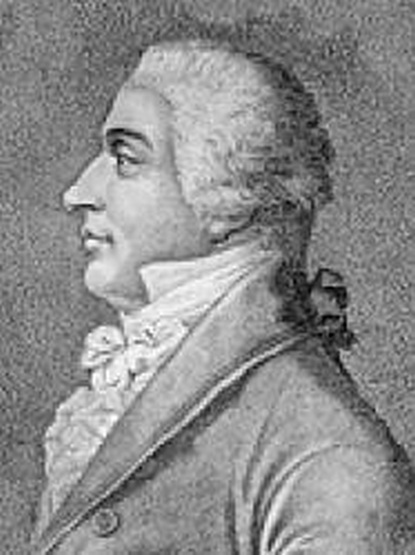Antoine-Marin Lemierre on:
[Wikipedia]
[Google]
[Amazon]
 Antoine-Marin Lemierre (12 January 17334 July 1793) was a French
Antoine-Marin Lemierre (12 January 17334 July 1793) was a French
 Antoine-Marin Lemierre (12 January 17334 July 1793) was a French
Antoine-Marin Lemierre (12 January 17334 July 1793) was a French dramatist
A playwright or dramatist is a person who writes plays.
Etymology
The word "play" is from Middle English pleye, from Old English plæġ, pleġa, plæġa ("play, exercise; sport, game; drama, applause"). The word "wright" is an archaic English ...
and poet
A poet is a person who studies and creates poetry. Poets may describe themselves as such or be described as such by others. A poet may simply be the creator ( thinker, songwriter, writer, or author) who creates (composes) poems (oral or w ...
.
Life
He was born inParis
Paris () is the capital and most populous city of France, with an estimated population of 2,165,423 residents in 2019 in an area of more than 105 km² (41 sq mi), making it the 30th most densely populated city in the world in 2020. Si ...
, into a poor family, but found a patron in the collector-general of taxes, Dupin, whose secretary he became. Lemierre gained his first success on the stage with ''Hypermnestre'' (1758); ''Titre'' (1761) and ''Idomne'' (1764) failed on account of the subjects. ''Artaxerce'', modelled on ''Metastasio'', and ''Guillaume Tell'' were produced in 1766; other successful tragedies were ''La Veuve de Malabar'' (1770) and ''Barnavelt'' (1784). He was admitted to the Académie française
An academy (Attic Greek: Ἀκαδήμεια; Koine Greek Ἀκαδημία) is an institution of secondary or tertiary higher learning (and generally also research or honorary membership). The name traces back to Plato's school of philosop ...
in 1780.
Lemierre revived ''Guillaume Tell
''William Tell'' (french: Guillaume Tell, link=no; it, Guglielmo Tell, link=no) is a French-language opera in four acts by Italian composer Gioachino Rossini to a libretto by Victor-Joseph Étienne de Jouy and L. F. Bis, based on Friedrich Sc ...
'' in 1786 with enormous success. After the French Revolution
The French Revolution ( ) was a period of radical political and societal change in France that began with the Estates General of 1789 and ended with the formation of the French Consulate in November 1799. Many of its ideas are conside ...
he professed great remorse for the production of a play inculcating revolutionary principles, and there is no doubt that the horror of the excesses he witnessed hastened his death. Lemierre published ''La Peinture'' (1769), based on a Latin
Latin (, or , ) is a classical language belonging to the Italic languages, Italic branch of the Indo-European languages. Latin was originally a dialect spoken in the lower Tiber area (then known as Latium) around present-day Rome, but through ...
poem by the abbé de Marsy, and a poem in six cantos. ''Les Fastes, ou les usages de lannie'' (1779), an unsatisfactory imitation of Ovid
Pūblius Ovidius Nāsō (; 20 March 43 BC – 17/18 AD), known in English as Ovid ( ), was a Augustan literature (ancient Rome), Roman poet who lived during the reign of Augustus. He was a contemporary of the older Virgil and Horace, with whom ...
's ''Fasti''.
His ''Œuvres'' (1810) contain a notice of Lemierre by R. Perrin. and his ''Œuvres choisies'' (1811) contain one by F. Fayolle.
References
Attribution: * {{DEFAULTSORT:Lemierre, Antoine-Marin Writers from Paris 1733 births 1793 deaths 18th-century French poets 18th-century French male writers 18th-century French dramatists and playwrights Members of the Académie Française